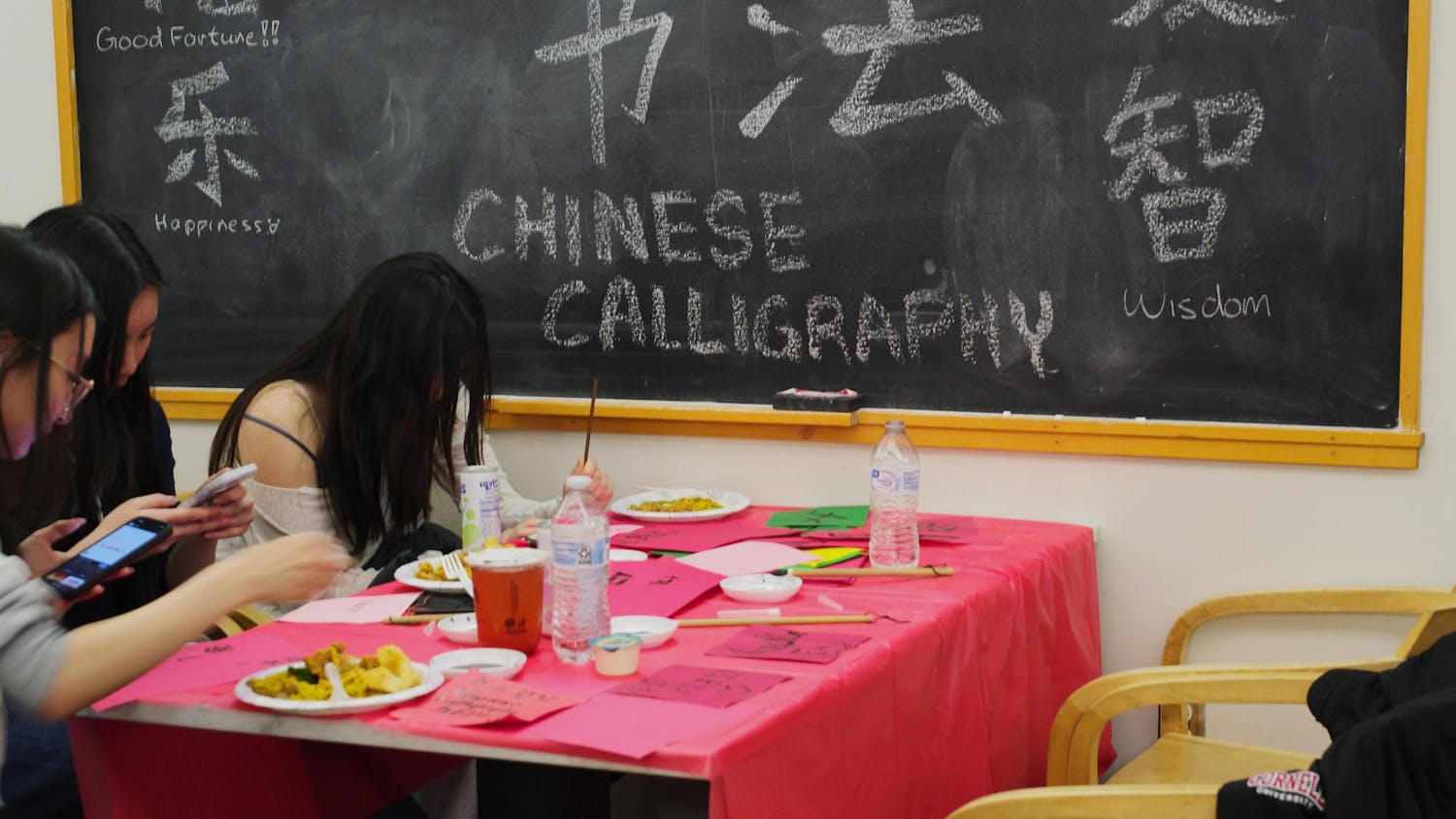The Palestine/Israel Review was created to challenge the typically separated approach to Israel and Palestine studies in academia, according to Tamir Sorek, an editor for the journal.
Sorek, along with co-editor Sonia Boulos, spoke in Goldwin Smith Hall on Tuesday as part of the Palestinian Studies Speaker Series hosted by the Department of Near Eastern Studies.
Boulos is an associate professor of international human rights law at Antonio de Nebrija University and Sorek is a professor of Middle East history at Pennsylvania State University. The talk was moderated by Deborah Starr, professor and chair of the Near Eastern Studies Department.
The Palestine/Israel Review is published by The Pennsylvania State University Press and includes Israeli as well as Palestinian scholarship.
“About three years ago, a group of scholars at Pennsylvania State University [and I] started thinking, why not?” Sorek said. “Let’s build a journal that will try to bring these two scholarly fields together.”
Sorek explained that the journal’s "relational approach" emphasizes the intertwined conflicts and progress of Israeli and Palestinian societies.
He said that their study in academia has branched due to opposing political agendas.
Sorek argued that Israel studies has largely ignored the “settler colonial context [that is] crucial for understanding Zionism, Israeli society and any kind of interaction between Israelis and Palestinians.”
He said that conversely, Palestine studies focuses on the historical injustices faced by Palestinians.
Buolos explained that one of the journal’s key goals is to increase awareness of how Israeli internal conflicts and policies impact Palestinian oppression.
The journal also addresses the structural challenges that Palestinian scholars face, such as language barriers, which hinder their participation in academic discourse, according to Buolos. The Palestine/Israel Review encourages writers to use literature in Arabic.
“There exists an entire academic world in Arabic,“ Buolos explained. “We’re trying to fight against this [lack of Western use of these materials to] give voice to the people writing about these things.”
This Palestinian Studies Speaker Series, alongside the Antisemitism and Islamophobia Examined speaker series, is being hosted amid high tensions on campus.
Since the start of the Israel-Hamas war in October 2023, the University has seen incidents of antisemitism and Islamophobia, causing students of both groups to express fear for their safety on campus.
Pro-Palestine demonstrations have continued into the Fall 2024 semester, including the vandalism of Day Hall on the first day of classes.











